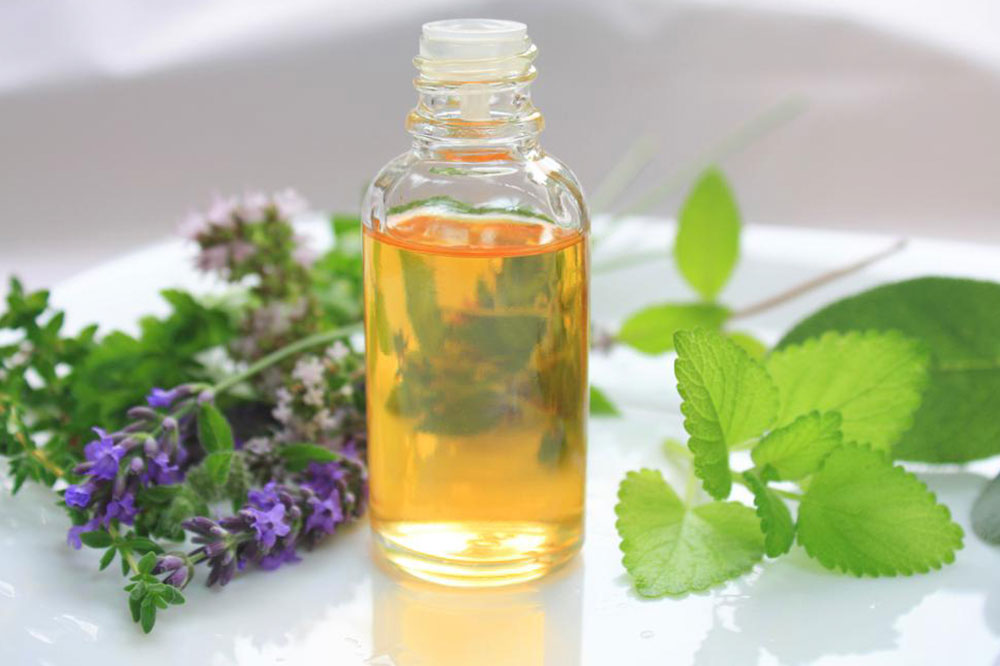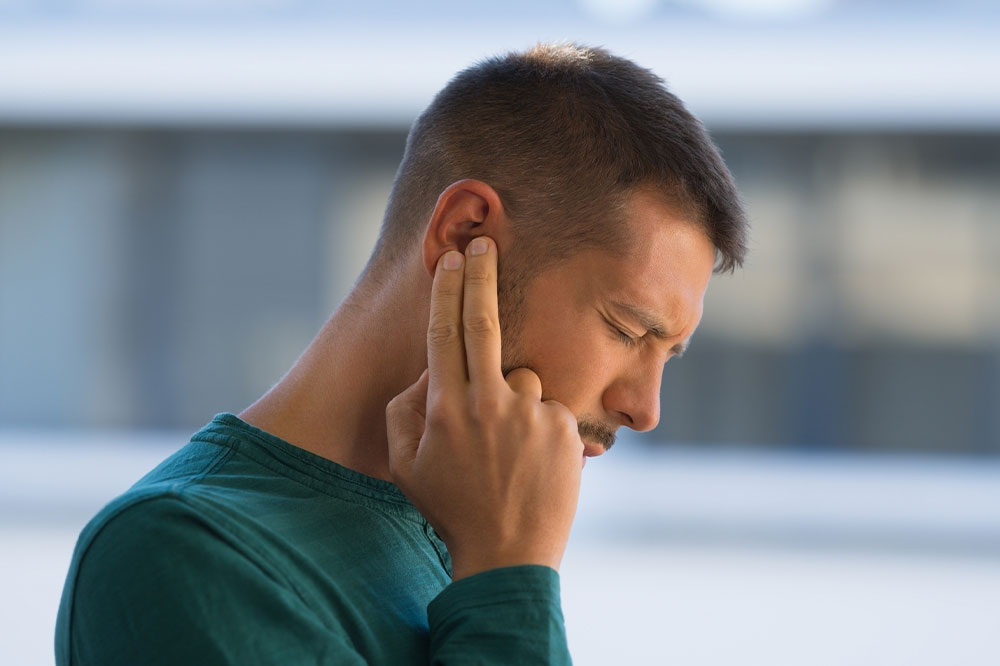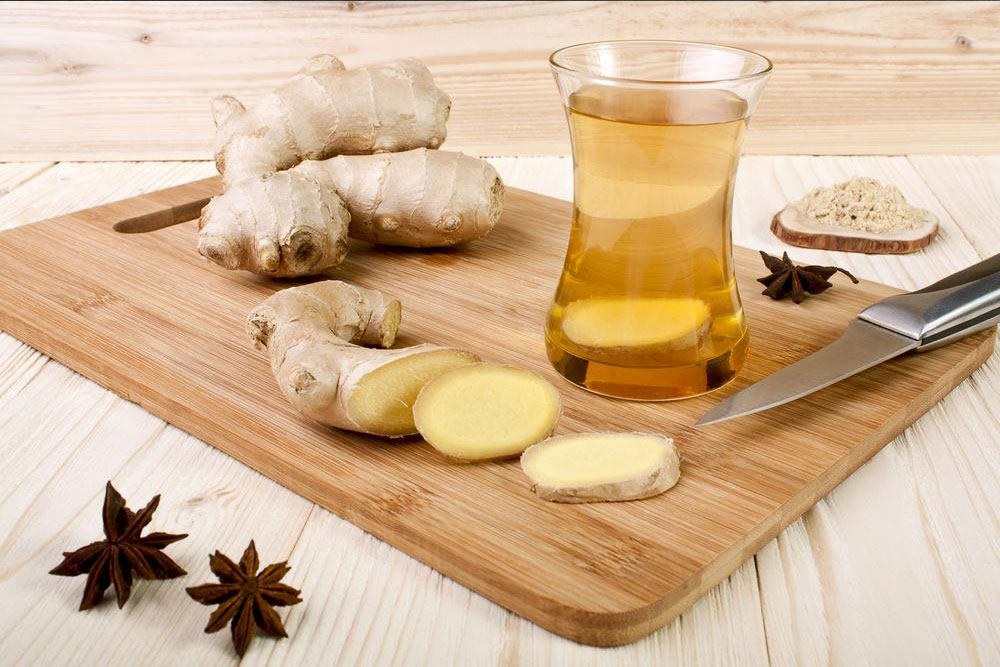Effective Strategies for Managing and Preventing Shingles
Discover effective strategies for managing and preventing shingles with a combination of antiviral medications, pain relief options, topical treatments, and home remedies. Early intervention and medical guidance are essential for alleviating symptoms and avoiding complications. Incorporate healthy habits and consult healthcare providers to ensure safe and effective care for shingles.

Effective Strategies for Managing and Preventing Shingles
Shingles is a painful viral condition that manifests as a distinctive rash. It results from reactivation of the varicella-zoster virus, the same pathogen responsible for chickenpox during childhood. After initial infection, the virus remains dormant in nerve tissues and can become active later in life, leading to shingles. Early symptoms include pain and tingling, followed by blistering skin eruptions. Fortunately, multiple treatments are available to ease symptoms and prevent complications.
Here are some key treatments for shingles:
Antiviral Drugs
Initiating antiviral therapy within the first 72 hours of symptom onset is crucial. These medications help limit the virus's activity, reduce severity, and lower the risk of postherpetic neuralgia. Your healthcare provider may prescribe different antivirals based on your condition.
Pain Relief Options
Shingles can cause intense discomfort, requiring pain management. Over-the-counter or prescribed painkillers can help mitigate suffering. Consulting your doctor ensures appropriate medication use and helps prevent lingering nerve pain after the rash heals.
Additional Medical Treatments
For severe cases, other therapies may include:
Creams and Topical Agents
Applying prescribed creams to affected areas can soothe skin and reduce inflammation.
Numbing Agents
Topical anesthetics like patches or sprays may provide temporary relief from nerve pain.
Antibiotics
If bacterial infection complicates shingles, antibiotics can be prescribed. Otherwise, they are not effective against viral rashes.
Antidepressants
Certain antidepressants can help manage nerve pain and improve recovery, aside from addressing mood issues related to chronic discomfort.
In addition to medical treatments, some home remedies may assist in managing symptoms and preventing outbreaks:
Using colloidal oatmeal in lukewarm baths can soothe irritated skin.
Cold Compresses
Applying chilled cloths to rash areas decreases pain and inflammation.
Natural Pastes
A paste of cornstarch and baking soda applied to rashes can alleviate itching and discomfort, repeated several times daily.
Nutritious Diet
Consuming foods rich in vitamins A, C, E, and B-12 supports immune health and aids recovery.
While shingles can be stressful, following these treatment options and preventive tips can help manage the condition effectively. Always consult a healthcare professional before starting any treatment plan to ensure safety and appropriateness.










